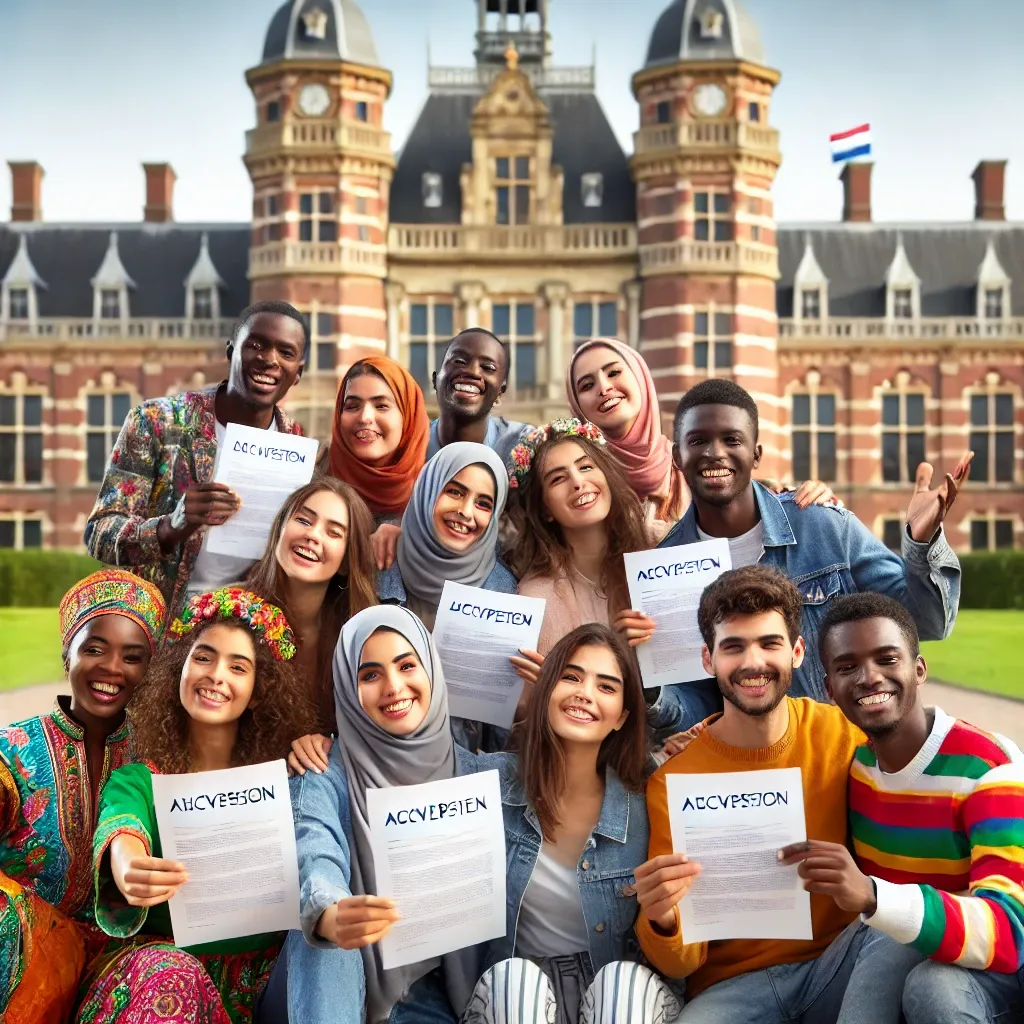We invite applicants from the fields of history, the arts, philosophy and sociology to reflect on the conditions of knowledge production during and after the Cold War. This reflection exposes the intellectual and professional practices (journalistic, sociological, artistic, political, archival) that both reflected and shaped the meaning and scope of the Cold War phenomenon.
The applications could be inspired by (but not limited to) the suggested topics below :
- Toolkits and media practices to ensure objectivity
- Conceptualizing and classifying opposition (selection and support for what counts as a “movement”, “dissidence” or “non-conformism”)
- Techno-sciences of mass communication
- Cold War wikipedia: documenting personalities and biographies (biographical card files, personal archives)
- Circuits of communication and (anti-)propaganda techniques: information gathering and classification, textual and visual dissemination (book programs, samizdat, TV monitoring, instructional and documentary movies)
- Problems of documentation and verification of human rights abuses
- Construction of political ‘facts’ amidst socio – economic issues (standards of living, urbanization, education, religion etc);Historical analysis of socialist welfare policy and poverty under communism
- Documenting transnational phenomena in a time of polarized visions and imbalances between centers and peripheries
- Consequences of Cold War conceptual schemes and treatment of information on current economic and socio-political issues
Related to the centennial of the Bolshevik revolution OSA encourages both scholars and artists to reflect on the (Cold War) receptions, instrumentalizations and revisions of the history and the notion of the Revolution.
The Open Society Archives’ holdings are informative not just about different phenomena during and after the Cold War, but also aboutthe forms through which these phenomena were reflected, archived, classified, reported and commented. By hosting collections related to the Radio Free Europe research section, the Soviet press, sociological institutes, former dissidents or book distribution programs, our documentary portfolio functions as both a repository of ready-made topics and as a cluster of media practices in analyzing, gathering and selecting information.
OSA Research Program
The current call is part of a reflexive-research program at OSA interested in the working knowledge and skills that characterized the investigations of Cold War experts and diverse monitoring agencies before 1989. As an institution dedicated to linking teaching, researching and archiving, OSA is engaged in a research program dedicated to conditions of knowledge production during and after the Cold War. This “practice focus” is parallel with the “practice turn” in the history of science with an interest in the history of Cold War ideology and social thought.
Admission
The goal of the selection process is to bring together scholars and artists who have exciting and interesting projects. We seek to promote exchanges among people with backgrounds in the arts, humanities and social sciences in the way they think through and about archives. From this point of view, the invitation is not only addressed to scholars working specifically on Cold War topics, but to all those interested in theories of knowledge and practice-oriented epistemology who would use OSA documents as props for larger reflections and activist concerns.
Fellowship requirements and OSA support
While working on their own subject, fellows will have the opportunity to collaborate with OSA researchers and to transform their archival investigation into a full research experience. The fellows are invited to give a final presentation about their research findings at OSA and the ways in which the documents were relevant to their research. The presentations are organized within the Visegrad Scholarship at OSA lecture series and as such former Visegrad alumni and external guests can also attend.
OSA academic and archival staff will assist the fellows in their investigations, facilitate contact with the CEU community, and grant access to the CEU library. Besides its archival analogue collections, OSA can also offer access to unique, audio-visual materials related to documentary practices, a special collection of RFE (anti)propaganda books and a growing collection on digital humanities, human rights, archival theory and philosophy.
Submission deadlines for the 2018/19 academic year:
- July 25, 2018
- November 15, 2018
The Selection Committee will evaluate proposals on the strength of the professional quality and novelty of the research proposal, its relevance to the chosen topic and the involvement of the OSA holdings in the research. In the case of equal scores those from V4 countries have advantage.
Application procedure
Please submit the following to OSA:
- Application letter in English (should specify expected period of stay and preferred dates). Please note that the Archive’s Research Room is closed during the Christmas period, and the research stay must end on the last day of the given academic year, July 31.
- Research description/plan in English (about 800 words and should include the following: introduction, presentation of the stage of research, literature on the subject, preliminary hypothesis, questions, identification of possible documents in the OSA holdings). Artists are expected to submit a portfolio, too.
- Curriculum Vitae (C.V.)
- Proof of officially recognized advanced level English language exam (native speakers and those with qualification from an English language institution/degree program are exempted)
- Names of two referees with contact address. Letters of reference are not needed.
The Application letter, C.V., the Research description/plan, the copy of a language exam certification and the Referees’ contact information should be sent by email to Katalin Gadoros at gadoros@ceu.edu.


Comments are closed.